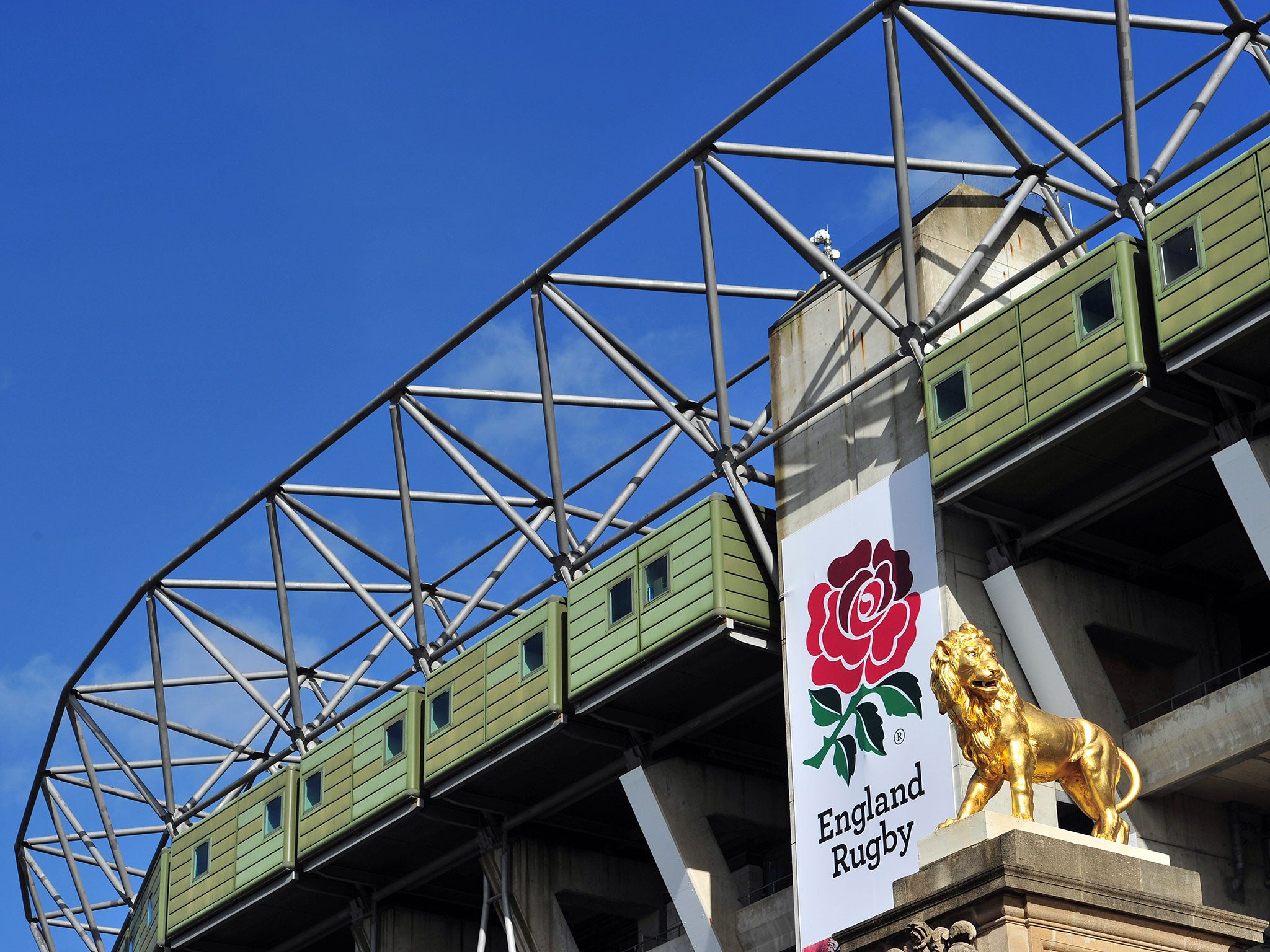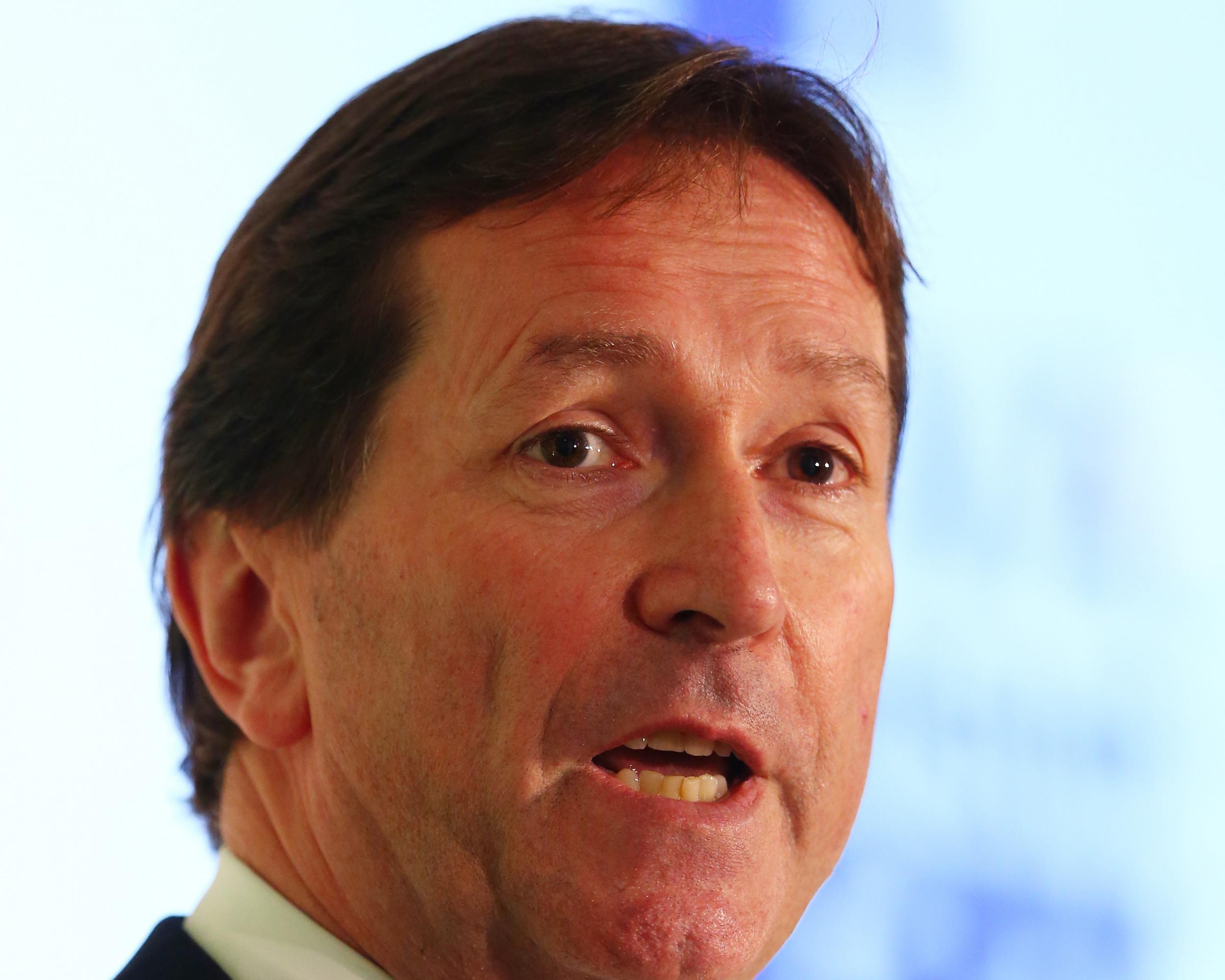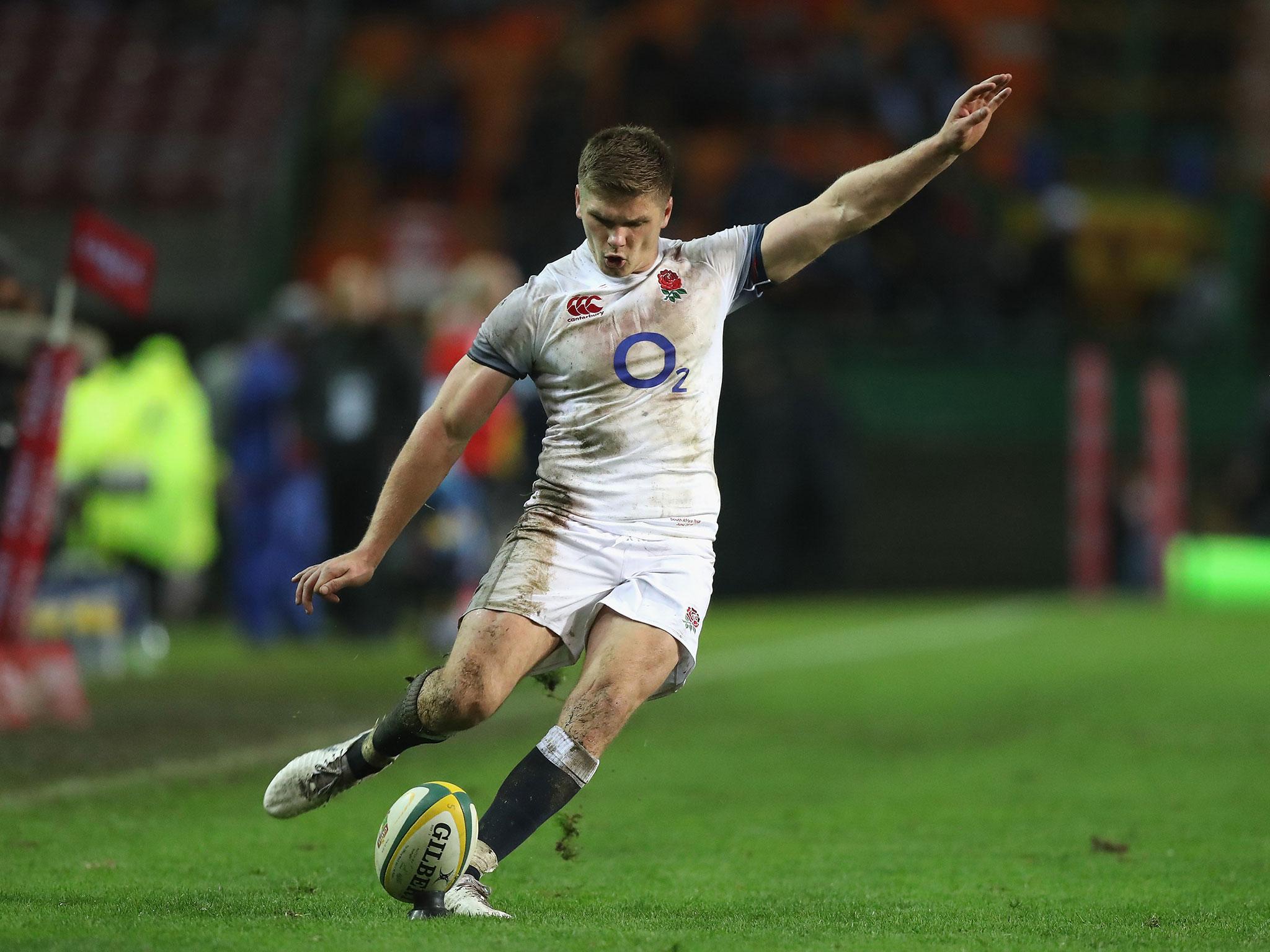RFU unveils new plan for 11-month rugby season that starts in September and ends in July
Along with Premiership Rugby and the Rugby Players' Association, the future of rugby union in England has been laid out under a new three-year plan

Your support helps us to tell the story
From reproductive rights to climate change to Big Tech, The Independent is on the ground when the story is developing. Whether it's investigating the financials of Elon Musk's pro-Trump PAC or producing our latest documentary, 'The A Word', which shines a light on the American women fighting for reproductive rights, we know how important it is to parse out the facts from the messaging.
At such a critical moment in US history, we need reporters on the ground. Your donation allows us to keep sending journalists to speak to both sides of the story.
The Independent is trusted by Americans across the entire political spectrum. And unlike many other quality news outlets, we choose not to lock Americans out of our reporting and analysis with paywalls. We believe quality journalism should be available to everyone, paid for by those who can afford it.
Your support makes all the difference.Rugby will be played over an 11-month season for the next four years after the Rugby Football Union unveiled its new season structure which will fall into place with the new global calendar.
From 2019/20, the Premiership will start at least one week later in September for the next three seasons, with the final taking place over the last two weeks of June before the summer tests kick-off in July - the one exception being next year when four rounds of Premiership Rugby Cup are played alongside the Rugby World Cup before the league begins on 20 October.
The dates leave just five weeks after the 2021 Premiership final for the British and Irish Lions tour of South Africa, which goes against what Lions head coach Warren Gatland and tour manager John Spencer pleaded for at the end of last summer’s New Zealand series.
With the 2023 Rugby World Cup warm-up matches due to take place in August before the tournament begins, just four calendar months over the next four years will not feature any competitive domestic or international rugby in the form of August 2020, 2021 and 2022, plus July 2023.
This, of course, depends on clarification of the Lions tour dates, but it’s expected that the third and final Test against the Springboks will take place on 31 July.
The plans were outlined at Twickenham on Tuesday by Nigel Melville (the RFU’s director of professional rugby), Mark McCafferty (Premiership Rugby chief executive) and Damian Hopley (Rugby Players’ Association chief executive) which detailed an extension in the length of the season, but a reduction in the level of playing time among all players.
Under those plans, the current maximum of 32 80-minute appearances per season will be reduced to 30, an equivalent of 2,400 minutes of rugby, along with the introduction of a limit to 35 match involvements that are classed as any appearance of more than 20 minutes.
There will also be a significant increase to summer rugby within England, with the final being moved later by a month to see the domestic season stretch until the penultimate or final weekend in June, depending on whether it falls within a Premiership or Lions year and fits the bill with what was agreed at last year’s global summit in San Francisco.

“We’ve always held a view that the more rugby that’s played in better conditions in better weather - after the Six Nations - the better,” said McCafferty. “That had to fit in to a lot of other issues but that was one of the views that we carried into San Francisco. It was then a question of how do we marry that up with the player welfare angles, so it’s always been the case really that the stronger attendances and stronger audiences that we get are towards the business end of the season, but part of it is also because you’ve got the firmer grounds, the better weather etc.”
To counter the long-running campaign, players will not only see their game time limited, but will also be allocated guaranteed in-season rest periods.
There will also be a commitment towards two-Test tours in the two summers after a Rugby World Cup, with the bulk of those who featured in the tournament not be considered for selection for the first, although Melville stopped short of saying it will be a complete blacklist as each player will be evaluated by their playing time. It does suggest however that the likes of Owen Farrell, Maro Itoje and Billy Vunipola will not feature on the Japan 2020 tour given their importance to Eddie Jones’ campaign next year.
The year before a World Cup, England will return to a three-Test series.

The Premiership Rugby Cup will also be sacrificed for those players at the top of the game, with those weeks set to feature within their guaranteed rest allocation given that they are unlikely to feature in games under the current process anyway.
Players contracted to the England Senior Elite Player Squad (EPS) will also receive a mandatory week off during the season if they have played more than 65 per cent of the autumn internationals or Six Nations, which is a decrease of the current 80 per cent threshold, on top of a minimum 10-off season that is comprised of two weeks complete rest, three weeks ‘active rest’ away from the club and five weeks of training.
Non EPS players will receive the same five weeks away from the club, before returning for pre-season as normal.
Join our commenting forum
Join thought-provoking conversations, follow other Independent readers and see their replies
Comments